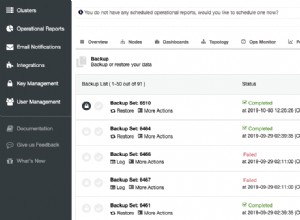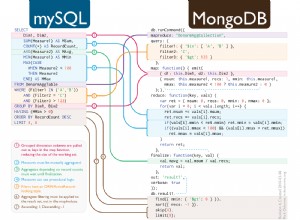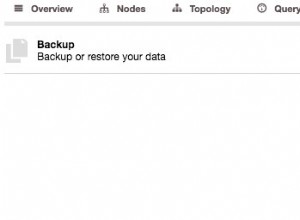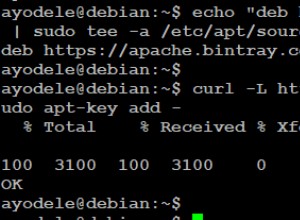Vous pouvez référencer le tableau dans le sous-document "level1" en utilisant la notation par points. Ainsi, au lieu de créer des DBObjects imbriqués comme vous l'avez fait, vous avez simplement besoin :
coll.update(entry, new BasicDBObject("$push", new BasicDBObject("level1.arr1", "val2")));
J'ai écrit un test pour montrer que cela fonctionne :
@Test
public void shouldPushANewValueOntoANesstedArray() throws UnknownHostException {
final MongoClient mongoClient = new MongoClient();
final DBCollection coll = mongoClient.getDB("TheDatabase").getCollection("TheCollection");
coll.drop();
//Inserting the array into the database
final BasicDBList array = new BasicDBList();
array.add("val1");
final BasicDBObject entry = new BasicDBObject("level1", new BasicDBObject("arr1", array));
coll.insert(entry);
// results in:
// { "_id" : ObjectId("51a4cfdd3004a84dde78d79c"), "level1" : { "arr1" : [ "val1" ] } }
//do the update
coll.update(entry, new BasicDBObject("$push", new BasicDBObject("level1.arr1", "val2")));
// results in:
// { "_id" : ObjectId("51a4cfdd3004a84dde78d79c"), "level1" : { "arr1" : [ "val1", "val2" ] } }
}




